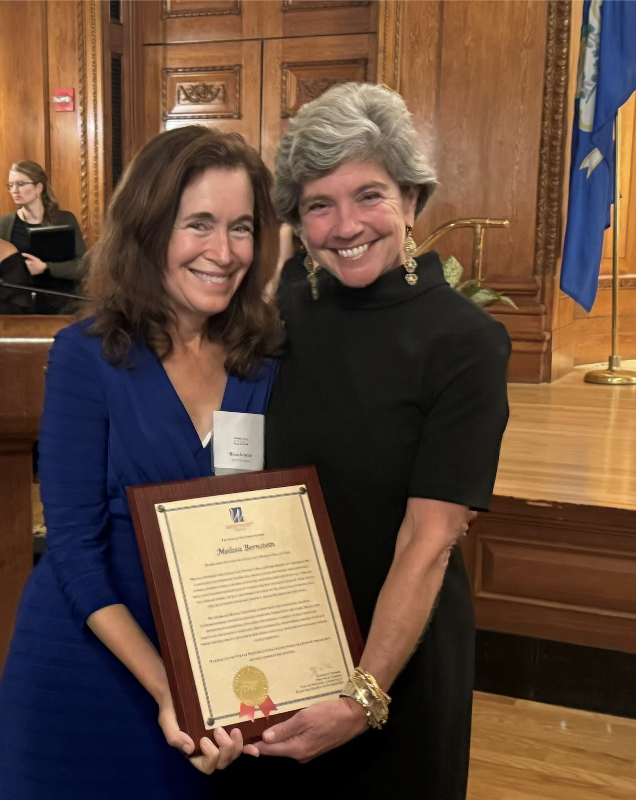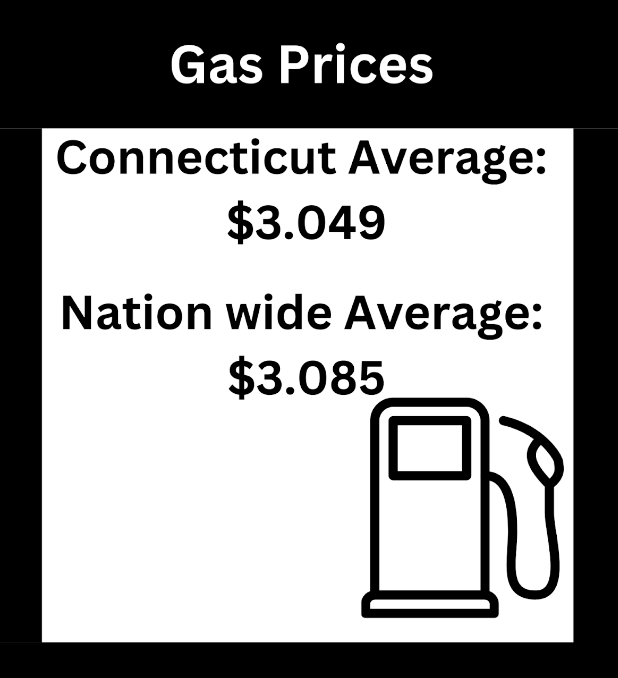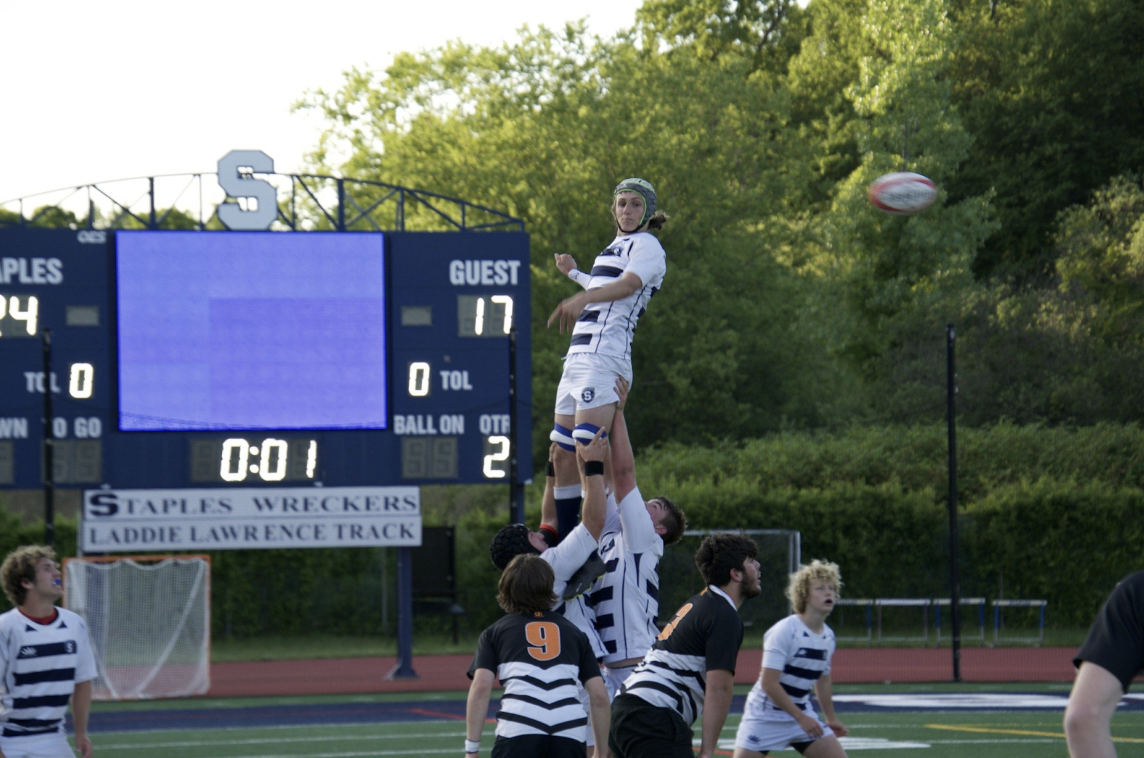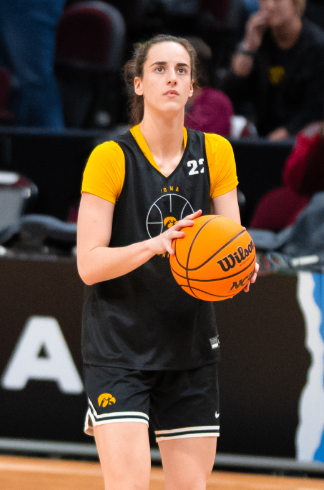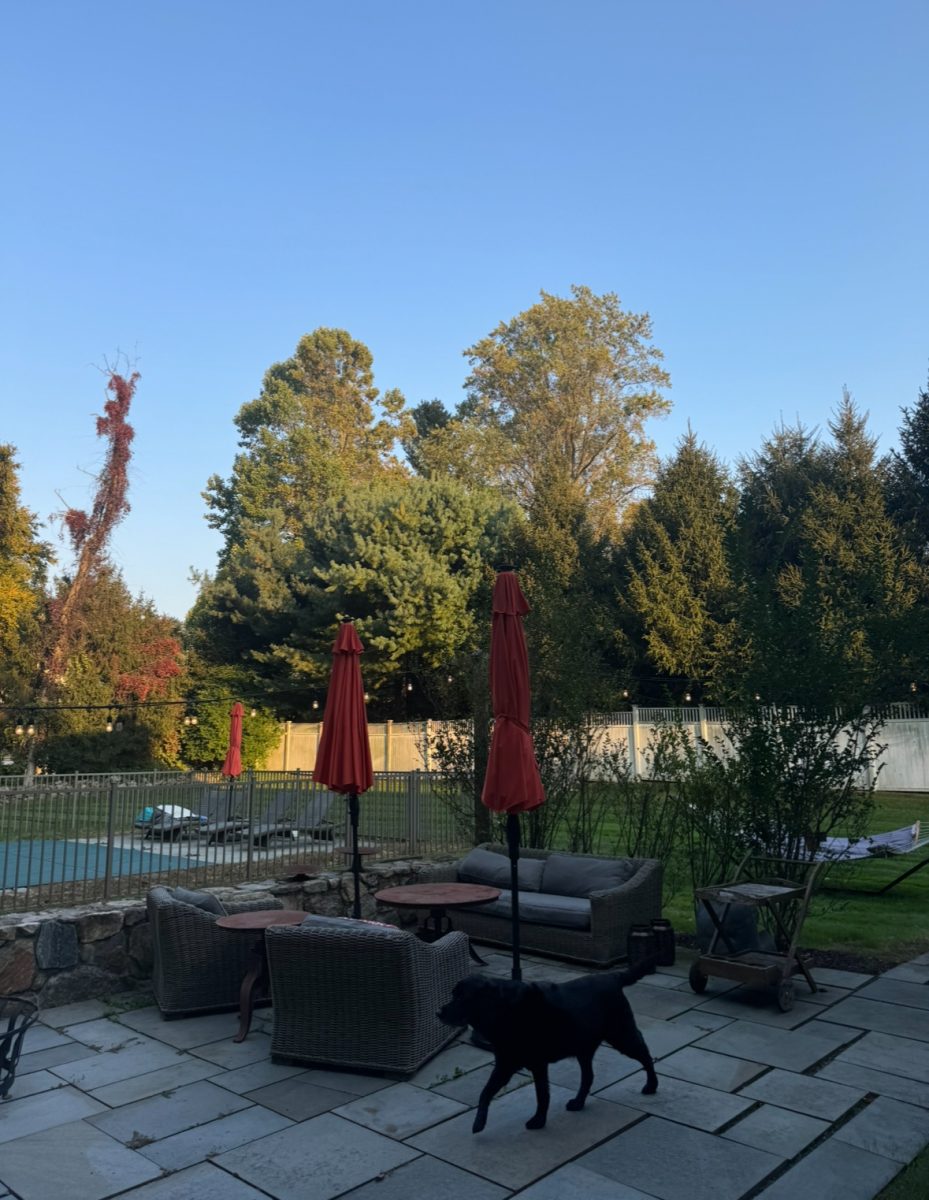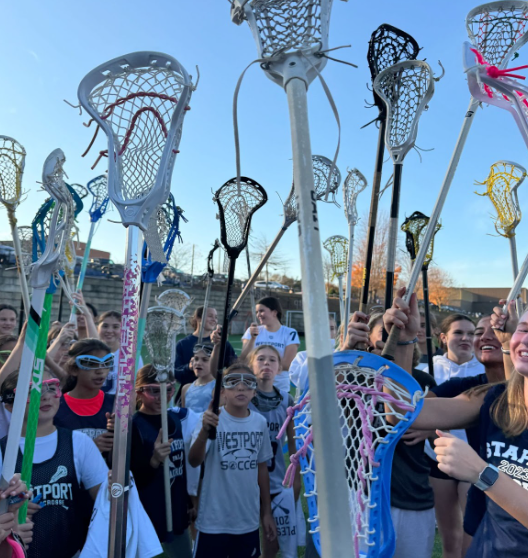As the morning sun rose and students made their way to school on Feb. 27, protesters lined North Avenue with signs, posters and a powerful feeling of autonomy.
Following the Board of Education meeting on Feb. 15 where Carol Felder and Richard Anderson, Westport parents, shed light on the stark realities of racism that their children had faced in schools, there has been heightened awareness surrounding these unjust acts. Other parents and students have since followed suit, coming out with stories of discriminatory acts that they, too, have faced in the Westport Public School system.
“I think it is our responsibility as a community to create safe spaces for our young people,” Westport parent Yolanda Coffield said. “No place should be safer than our schools.”
Advocates for Black Student Rights, an activist organization, immediately took action on this issue, sending around a flier for the protest and inviting the Westport community to join their cause. The flier was posted to social media and emphasized that it would be peaceful, and that the Westport Police would be there to ensure safety for all attendees.
This protest not only is in response to the Board of Education meeting, but also to the injustices endured by students from A Better Chance, a non-profit organization that places students of color in high-achieving schools across the United States. Some of these students at Staples have recalled instances of being called the “n-word” and other offensive racial slurs on school grounds.
“Racism is not acceptable, it’s as simple as that,” Westport parent Rama Iyer said. “As much as we have immense faith in the school system that they are addressing these issues, from time to time if we don’t speak up, we risk normalizing what’s happening.”
As the community grapples with the magnitude of these injustices, a fundamental question arises – what can we, as members of this community, do to combat such systemic inequities?
“I think students can be upstanders, not bystanders,” Coffield said. “We all see people behaving inappropriately, we know when people aren’t being treated well for a host of reasons in our community, so we should stand up for one another.”
Standing up for your peers when they are being mistreated, taking part in protests and movements, checking in on those around you and reporting incidents when you see them are all simple, yet effective ways to combat discrimination.
“We can’t become complicit,” Iyer said. “When something like this happens, we have to band together.”




